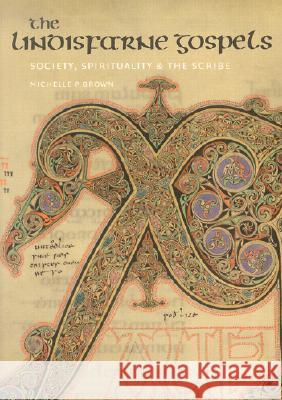the lindisfarne gospels: society, spirituality and the scribe » książka
the lindisfarne gospels: society, spirituality and the scribe
ISBN-13: 9780802085979 / Angielski / Miękka / 2003 / 304 str.
The eighth-century Latin Gospelbook known as the Lindisfarne Gospels, with its tenth-century gloss (the earliest surviving translation of the Gospels into the English language), is one of the great landmarks of human cultural achievement. Like all such icons, or important archaeological sites, it repays revisiting. Successive generations approach them with new questions and new technologies, bringing to light fresh evidence or finding different ways of 'reading' what we thought we knew already. This study seeks to do just that, taking advantage of new photography and technical analysis as well as assessing previous work in the light of more recent studies and archaeological finds.This book sets the Lindisfarne Gospels within its socio-historical context, during one of the world's formative periods of transition - from the Graeco-Roman world to that of the early Middle Ages. The melting-pot of the multi-ethnic British Isles, with its international Christian context stretching from Frisia to the near-East, is reflected in the pages of the Lindisfarne Gospels, as part of an attempt to achieve a cultural synthesis in which all peoples could find a place - a visual reflection of the international Oecumen. In Northumbria the rallying point for this new identity was the figure of St Cuthbert, his cult and the role of the church of Lindisfarne (originally a Celtic mission to the Anglo-Saxons) playing a vital role in the faith, power and politics of the region. The questions of where and when the Lindisfarne Gospels were made are addressed, but just as importantly the 'why' is explored, in the context of new research concerning the technical innovation of its maker, his spiritual motivation and the needs of the society in which he worked.











